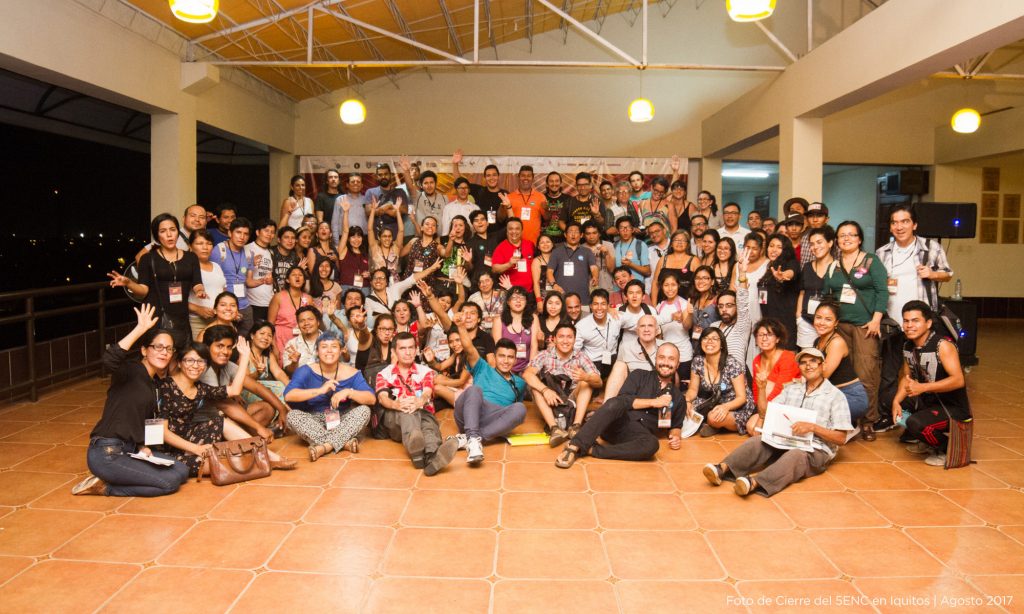

From SOLAR‘s perspective, cultural policies are key in processes that aim to reduce inequality and violence while promoting peace and democracy.
SOLAR’s main objectives are:
- To contribute to the democratization of cultural policies by strengthening the capacities of civil society to participate in cultural governance at the subnational and national levels,
- To promote transparent, inclusive and decentralized practices that strengthen underrepresented cultural policy agendas, and
- To strengthen the capacities of civil society organizations to organize and mobilize using social technologies as well as Information and Communication technologies (ICTs).
Website ⟶ http://solar.pe
International Fund for Cultural Diversity (IFCD) (2019-2020)
On 2019, the project “Strengthening civil society participation in Peru’s cultural policy-making processes” submitted by Solar in its capacity as Technical Secretariat of the Peruvian Alliance of Cultural Organizations, was selected to receive funding from UNESCO’s International Fund for Cultural Diversity (IFCD).
The project will include (1) the development of a guide and ten workshops in order to strengthen the networking and advocacy capacities of 250 representatives from cultural organizations in nine of the country’s regions, (2) three meetings by the national network of APOC’s working groups in cultural policies to share knowledge, to define collective actions and evaluate progress, (3) support for the 6th National Encounter of Culture (6ENC), a three-day forum to foster public debate and exchanges on cultural policies, cultural governance and social development, including a workshop on the “Co-creation of cultural policies between governmental authorities and civil society, and (4) support for the development of the second version of an Agenda for Shared Advocacy (Agenda de Incidencia Compartida, AIC), to strengthen national and local cultural policies, and dissemination though social media and events in nine of the country’s regions.
The project contributes to the implementation of the 2005 Convention by:
- Strengthening processes and mechanisms for public policy-making and implementation: The third version of the Agenda for Shared Advocacy – ASA resulting from the project, will inform local and national cultural policy-making processes by reflecting the aspirations and necessities of civil society, and
- Reinforcing the role of civil society in cultural policy-making and implementation: The project will provide civil society with more robust tools and opportunities to work collectively, engaging and collaborating with national and regional authorities, monitoring cultural policies and advocating transparency.